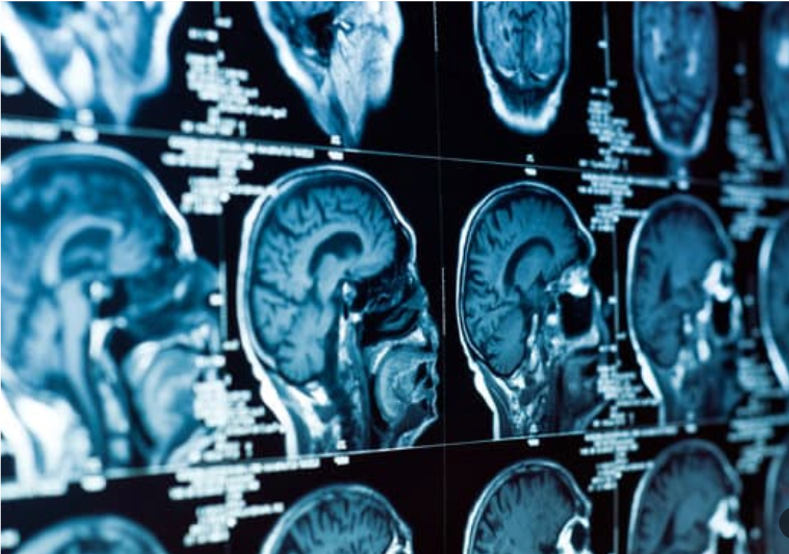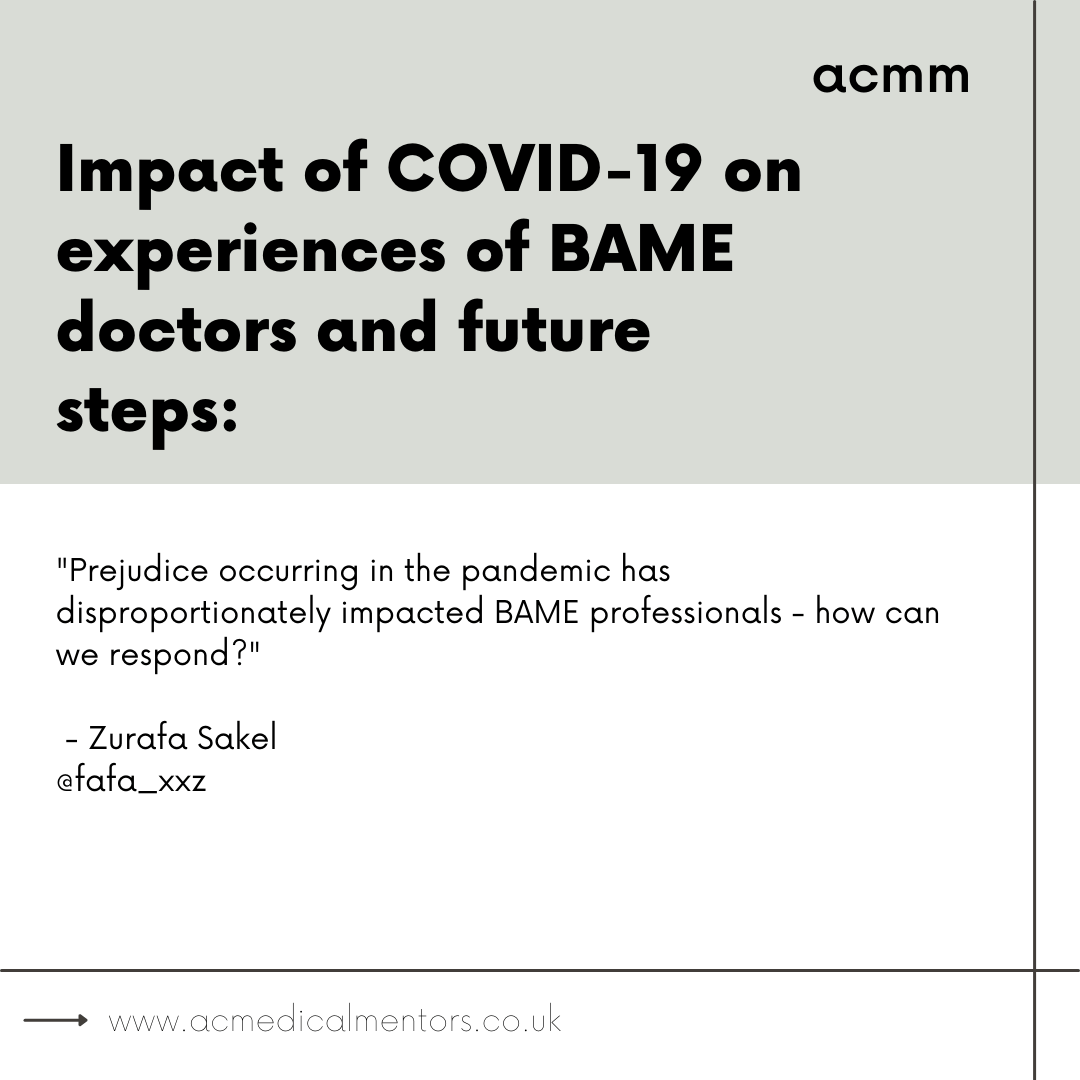Why we need to stop neglecting psychiatry
“Where art pursues abstract thought, shades of grey and profound questions, science seeks factual knowledge, strict order and clear answers”.
Understanding Medicine through a scientific lens is much more straightforward than seeing it through an artistic one.

Scientific explanation has helped us understand how all of the structures within the human body work together as one complex and interconnected whole. However, one domain that we struggle to link up with the rest of the body is the mind.
The mind cannot be dissected with a scientific scalpel in the same way that the physical body can, therefore we struggle to interpret it within our medical framework.
For this reason, particularly in Western biomedical understanding, we often make the mistake of separating the mind from the body. This division has even seeped into practice within our medical system; we can see this when looking at attitudes towards psychiatry in relation to other specialties.
A perfect example of this during my psychiatry placement. The psychiatrist that I was shadowing was called to the Acute Medical Unit to review a patient who had presented with chest pain, on a background of a severe and longstanding eating disorder. We arrived on the ward, and the psychiatrist asked for a brief overview of the patient’s psychiatric history. However, the A&E doctor sharply replied, “I don’t know, isn’t that your job ?” No effort had been made to even briefly assess the mental state of the patient or understand their mental health history. Unfortunately, the psychiatrist later told me that, from her experience, this kind of attitude is not uncommon; she also said that we do not tolerate this sort of negligence when it comes to other specialties.

Although doctors can’t know everything, we do expect most physicians to have some basic understanding of most core systems, even outside of their field of expertise. So why do we accept such a gap in knowledge when it comes to psychiatry?
Some may say that we generally lack insight into how the mind works, and that this lack of understanding leads to our ignorance.
Psychiatry is a speciality that forces us into the complex domain of the arts; it pushes us to face the many shades of grey that exist within Medicine , and many would rather look the other way. However, we’re forced to face up to the fundamental importance of psychiatry when it comes to patients who suffer from functional disorders (otherwise known as medically unexplained conditions).
Dr Suzanne O’Sullivan, in her excellent book ‘It’s All In your Head’, explores the world of functional neurological disorders: these conditions cannot be medically explained, even after every investigation under the sun has been carried out. O’Sullivan tells anecdotal stories of real patients who have experienced debilitating seizures, paralysis and even blindness with no organic cause; the condition is very real, but the problem does not exist in the physical body, it is rooted purely in the mind. However, the stigma surrounding psychiatry, and our inability to understand the intrinsic and powerful link between the mind and the body, leads to such conditions being hugely under-diagnosed, stubbornly rejected and shamefully misunderstood. This leaves patients suffering unnecessarily.

It is vital that we pay attention to the paramount importance of psychiatry in medical practice. From common colds to debilitating functional disorders, each patient’s personality and mental state will always mould their experience of illness in some way. As stated by Dr O’Sullivan,
“If you take one hundred healthy people and subject them to the exact same injury you will get a hundred different responses. That is why medicine is an art.”
And that is why we must give psychiatry the credit it deserves.
Davina Nylander, 5th Year Medical Student, University College London. Edited by Emefa Vondee.
References
O’Sullivan, Suzanne. 2015. It’s All In Your Head. London: Chatto & Windus.










